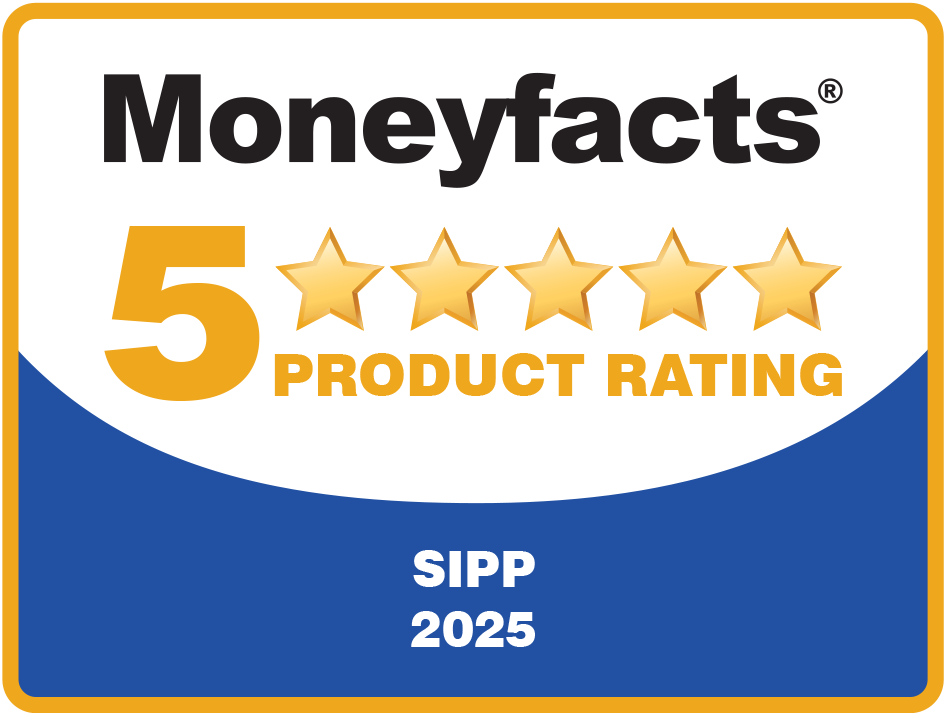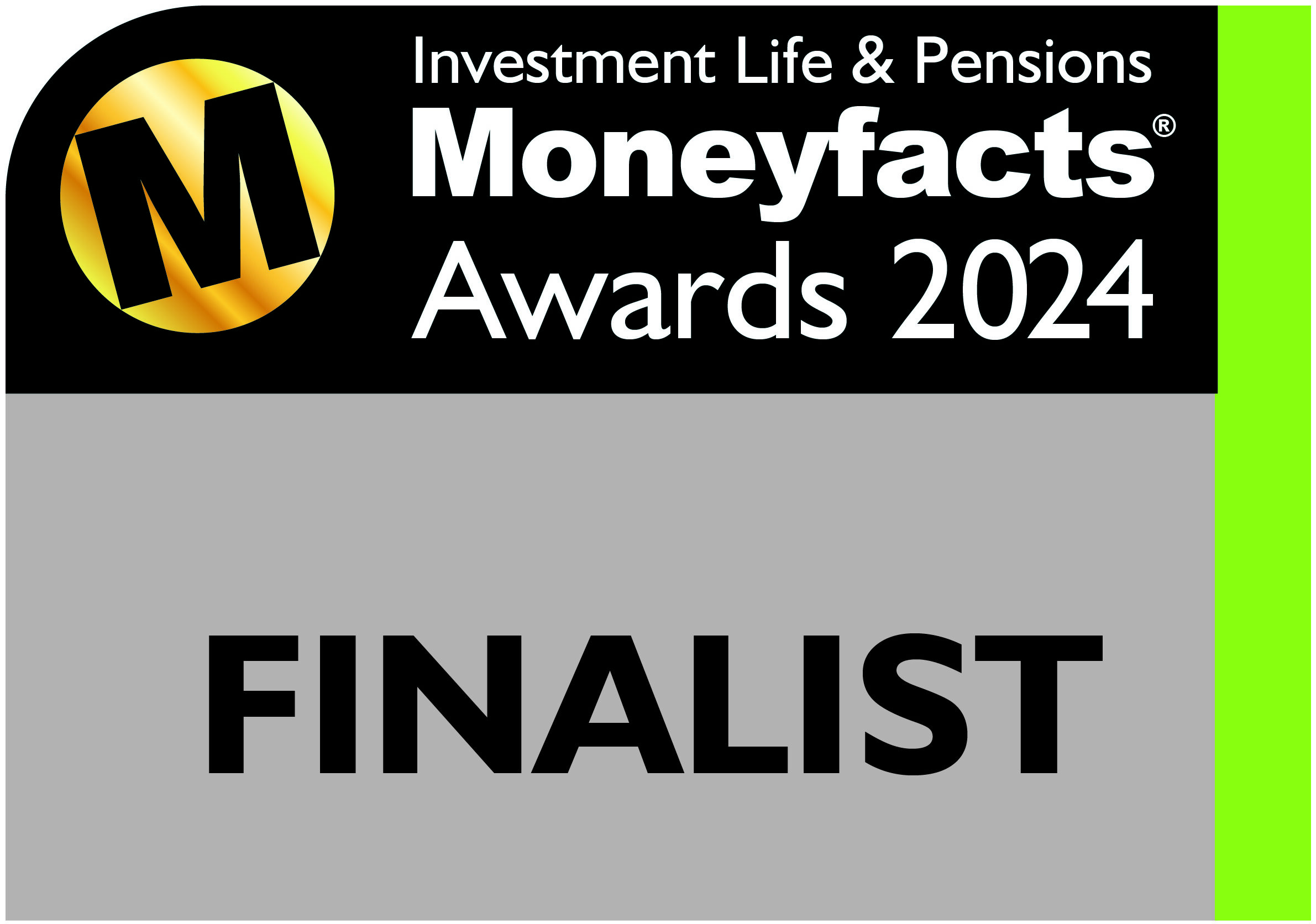10 weird and wonderful SIPP investments we’ve turned down
Since the removal of the permitted investment list by HMRC in April 2006, it has been down to each individual SIPP provider to set out what they will or will not permit within their offering.
Technically, HMRC will allow any investment into a SIPP. However, some investments attract tax charges, starting at 40%, and therefore means that few (if any) providers will allow such investments.
Latterly, with regulation of SIPPs by the FSA, then the FCA, providers now have to give further consideration when looking at certain types of investment structure which the FCA have deemed to be non-standard; these are usually those that are not ready realisable within 30 days or are unregulated.
As a bespoke provider, we are asked to consider a wide range of investments on behalf of our clients. In line with the FCA’s approach, we have a standard asset list which is our starting point when an investment is put to us.
Anything not included on this list we will consider; however, there are some investment structures which we will not look at, whether this is because of administrative complications, HMRC guidelines or guidance from the FCA.
In our recent article, we talked about the need to repair the reputation of the SIPP industry after some of the investments made by other providers led to significant client detriment. The following is an example of investments we have been asked to consider over the years where we have said ‘no’.
1. Harlequin
The Harlequin Property scheme was something we were asked to consider numerous times in the early 2010s. Our due diligence at the time made us feel uncomfortable about the structure of the scheme and, as such, IPM never made an investment on behalf of a client into Harlequin.
Under the scheme, customers purchased various off-plan property development investments and hotel rooms – primarily in Caribbean resorts – operated by offshore Harlequin Resort Development Companies. Approximately 6,000 investors invested a total of roughly £400 million in the projects, including, in some cases, where the same property was sold to multiple investors.
A lot of these investments were made by SIPPs. This has since led to the collapse of a number of SIPP providers due to the level of claims being made against them. The management of Harlequin Property are now subject to an investigation by the Serious Fraud Office.
2. Unquoted Shares
The idea of purchasing unquoted shares via a pension is not new; SSASs have been able to purchase shares in a sponsoring employer for many years. However, with the removal of the permitted investment list in 2006, the same question was asked of SIPP providers.
For IPM, the administrative responsibilities for investing in such assets were not something we were comfortable with.
As an example, if we were valuing the SIPP to pay a pension commencement lump sum, how would we value unquoted shares?
A valuation of a limited company is possible but is an expensive exercise. A more pressing concern for us would be whether the company held ‘taxable property’ as defined by HMRC. Whether held directly or indirectly, i.e. via share ownership in a limited company, such investments in a SIPP can give rise to significant tax charges.
Our understanding is that while there are SIPP providers who will consider such investments, this number is falling and the basis on which these can proceed is becoming more limited.
3. Storage Pod Investments
Around the same time as we were being asked to consider Harlequin Property, another unregulated collective investment scheme (UCIS) being put to us concerned storage pods being offered by companies such as Store First.
Those who invested into such structures were said to have acquired an individual pod in a storage facility, which would then be rented out to generate returns for investors. However, in a lot of instances, the pods were never rented out and investors increasingly had difficulty getting their money back.
4. Residential Property
When Pension Simplification was announced in the early 2000s, the doors were initially opened to SIPPs being able to invest in residential property after April 2006.
However, in late 2005, former Chancellor Gordon Brown announced that this was no longer going to be the case by introducing a tax charge on such investments being held by a pension.
Despite this being one of the more well-known SIPP investment rules, we are still regularly asked whether we can purchase certain types of residential property including student accommodation, HMOs, Airbnb rentals and holiday lets.
IPM’s position is clear; we will not invest in a property which has residential usage with the local authority or could be used for residential purposes.
5. Car Park Schemes
Purchasing individual car parking spots in places such as Glasgow and Dubai airports were said to promise a generous level of return for investors. However, the companies promoting them were not regulated and the investments deemed high risk.
Despite being asked on several occasions, IPM did not facilitate any such investments.
6. Peer-to-Peer (P2P) Lending
Unlike other items in this article, the question of SIPP providers allowing P2P within their offering is more current. We have seen a demand for allowing this kind of investment to be made within our SIPP however, as yet, IPM are aligned with the majority of SIPP providers who are saying ‘no’ to P2P.
Our concerns relate to HMRC restrictions with regard to making loans to anyone who is ‘connected’ to the SIPP beneficiary. ‘Connected’ in HMRC terms is a relative of the client or anyone else who is a member of the same scheme.
While some P2P offerings have been put forward suggesting that SIPP providers can monitor who loans are made to, IPM has not seen anything yet which we believe we could work with administratively on an ongoing basis.
7. Burial Plots
On the slightly more unusual end of the scale we have, in the past, been presented with a burial plot investment opportunity.
The contract typically included clauses such as the investment ‘grants an exclusive right of burial for a period of 99 years to the end user’ and ‘the buyer shall be entitled to the end premium that may be payable by the end user’. Double-digit investment returns were being suggested by the promoters of the investment.
This was an opportunity we didn’t find it hard to say no to – although this was not the case for all SIPP operators.
8. Land Banking
IPM will consider purchases of land within the SIPP. However, as you will see from our other article this month, we have fixed criteria that any land purchased within our offering needs to meet.
Over the years, several land banking investments have been put to us. These include large plots of land, divided into smaller parcels which then aim to achieve planning permission.
As a trustee, these kinds of investment cause us concern as they are difficult to value, difficult to sell and often do not produce an income for the SIPP. As such, any land presented to us on this basis is not one which we would accept within our offering.
9. Overseas Commercial Property
Another consequence of the removal of the permitted investment list in 2006, was clients asking us to consider overseas property purchases within our SIPP.
This is another area which SIPP providers have differing views, with a small number of providers allowing such investments. And we must admit, in late 2006 we dipped our toe in the water when a client asked to purchase an industrial unit in Portugal.
It quickly became clear that finding a solicitor to act for us that had a good understanding of HMRC requirements for SIPP property purchase and who spoke both English and Portuguese was harder than we initially hoped. Then, when we did make some progress, the vendors’ agents did not understand UK trust law!
As a result, this is not something we will consider within our offering.
10. Intellectual Property
While trademarks, copyrights and patents can make interesting investment opportunities, we do not feel these fit well within a SIPP. Our major concerns are more on the administrative side as to how these would be held, how do we value them for HMRC reporting purposes and would we get fair market value if they were ever sold?
As a result, intellectual property is not something we have ever invested in, although it is still considered by a small number of SIPP providers in the market.
Get in touch
If you want to have a chat about the potential of SIPPs for your clients, or if your clients have queries about investments they would like to consider for their SIPP, please contact us. Email info@ipm-pensions.co.uk or call 01438 747 151.



